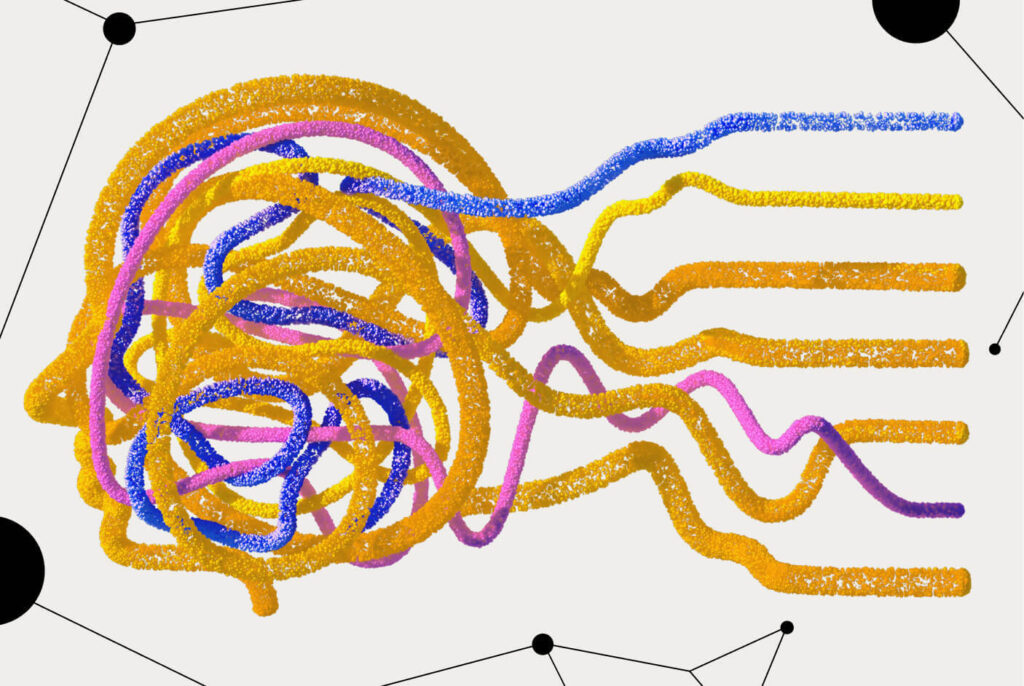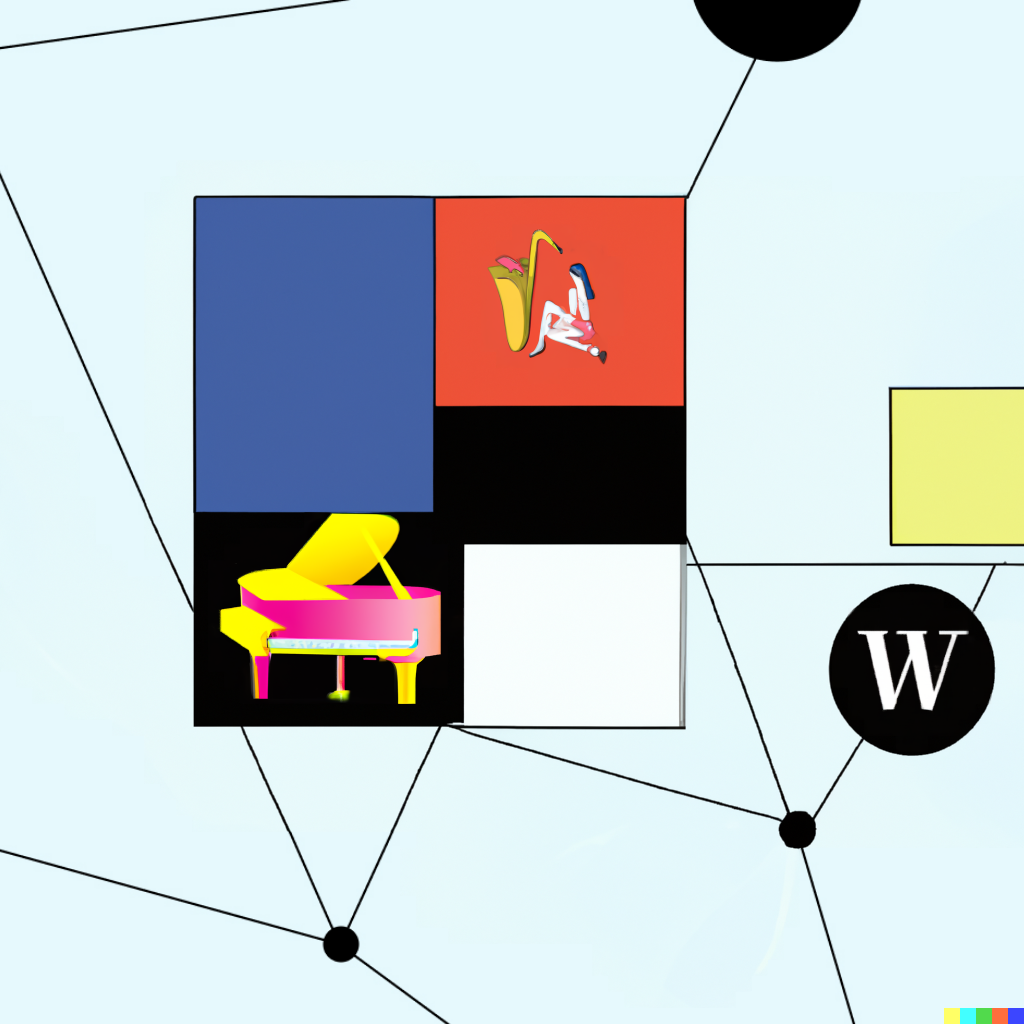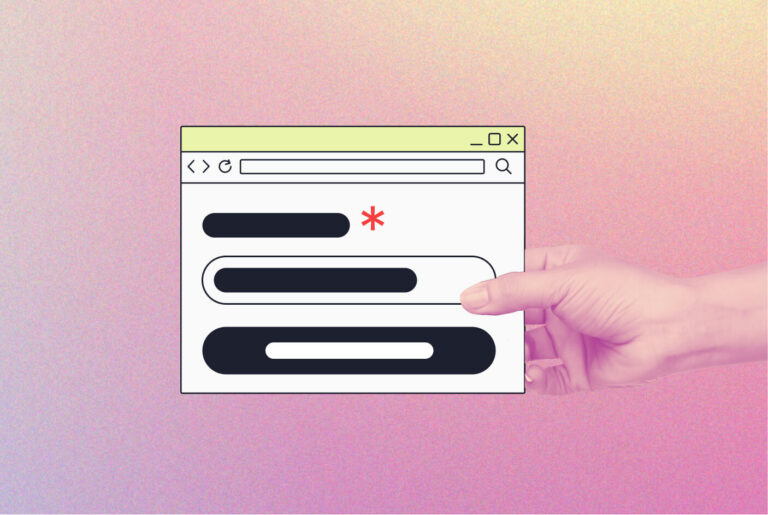The Future of WordPress: Artificial Intelligence Will Change How We Work
A conversation with Andrew Palmer about WordPress and emerging business opportunities with Artificial Intelligence
In his State of the Word at the end of 2022, WordPress cofounder Matt Mullenweg brought up Artificial Intelligence (AI) and Machine Learning (ML) many times. AI seems certain to change WordPress and help it become an even better tool for creators on the web.
What are the opportunities emerging in AI for WordPress and web professionals? What should you be watching and learning now to take advantage of them? How will AI tools change managed WordPress hosting, WordPress-as-a-Service, WordPress careers, and how we work on the web? To answer these and other questions, I spoke with Andrew Palmer, cofounder of Bertha.ai.
Bertha.ai is a generative AI writing assistant specifically designed for WordPress as a layer over OpenAI. Bertha evolved out of Andrew’s work developing websites for customers where getting and gathering content is a universal challenge. Bertha is a productivity-enhancing tool for agencies and freelancers. They can use it to build a strong foundation of relevant content for any client’s needs. Generating relevant royalty-free images, strong calls to action, and unique selling propositions is where generative AI shines, according to Andrew.
But that’s just the tip of the AI iceberg.
Here’s my summary of what I learned from my conversation with Andrew.
How intelligent are AI tools today?
How good is AI-generated content at this point, especially in specialized fields? Are some subjects easier for an AI to handle than others?
Open AI has only scraped 10% of the web (up to 2021) in its current iteration. It’s not comprehensive and can include misinformation. That’s why you should see AI as an assistant — you have to be the editor. You have to know the right questions to ask and then fact-check the answers you get. This is essential, especially in quickly evolving fields where current news and knowledge are changing. Eventually, AI models may include the total sum of recorded human knowledge! That total will certainly continue to grow, including the new knowledge we gain with AI’s assistance.
OpenAI’s ChatGPT app today is based on the GPT-3.5 model. It and the soon-to-be-released GPT-4 are based on crawl data from about 60% of the web and other sources, like digitized books.
Can we get better results from AI tools with more inputs?
Is it important for open source communities like WordPress to provide good, reliable pools of open data and content for AIs to absorb, like the WordPress Photo Directory and Openverse, so we get good generative output from them?
Yes — and this is something WordPress hosts, SaaS, and product companies have an interest in facilitating. Their users are directly concerned with creating websites and content quickly and easily.
Will an AI model “change its mind” over time?
Will AI assistants evolve so their answers and solutions change over time? Can that happen transparently so we can understand why they’re changing?
OpenAI Codex doesn’t currently attribute its sources when it’s generating code for developers, which may be a good reason to prohibit the use of generative code in some contexts, as Stack Overflow has done. Open source licenses (e.g., GPL, BSD, MIT) generally require attribution, so this is an area where the law and our practices will need to be clarified and aligned.
Is it necessary for humans to limit how AI can be used — and abused?
Already there are people finding ways to develop malware with AI tools. Can we prevent abuse?
Despite limits and checks built into ChatGPT and other AI tools, people have always found ways to abuse them — to generate hateful and violent speech or even malware. Hopefully, we can limit the generally harmful uses of AI without censorship.
Will AI stop us from learning — or help our learning?
Some people are concerned AI will be used in lazy, careless, or plagiaristic ways. People who don’t know a subject or care about it can churn out work of dubious quality. Is this a serious concern we should have about AI tools?
That’s possible, but the very obvious and superior use of generative AI is to build on subject areas you already know or want to learn more about — and in the process of refining AI-generated content, you will learn and help improve the quality of the AI output. It’s a positive feedback loop if you care to make it one, just like any human-to-human collaborative creative process that iterates through revisions. Also, at this point AI tools like GPT-3 are limited to about 3,000-word answers. Long-form, in-depth writing needs to be iteratively developed with many questions, fact-checked, and edited. There’s no way to do that well without knowing the subject and learning more about it as you go.
In the AI-generated illustration above, I uploaded one of our existing illustrations and asked DALL·E to add “modernist geometric features in the style of Piet Mondrian.” Then I requested “a giant ‘W’ using the Mrs. Eaves font (like the WordPress logo) along with jazz instruments” in the areas I marked.
What are the opportunities for web tech industries in AI, and what problems can it help us solve?
When it comes to website construction with AI assistance, are there opportunities for hosts and website-building platforms to ensure their AI scaffolding provides a good foundation for accessibility, performance, and security? Can a good AI-generated foundation help with a lot of those less visible but essential and challenging aspects of web development?
Yes, this is an area where generative AI can be helpful, but at this point, the working examples are accessible, readable text in many languages. Bertha.ai generated 90% of the web copy for Bertha.ai.
Soon, legacy code refactoring and maintenance programming are areas where AI tools will likely be developed and widely adopted in software development. For hosting companies, performance and security monitoring, load balancing, and other ways of increasing stability, speed, and efficiency have clear benefits that AI-driven analysis can deliver. Hosts can use live AI analysis to rapidly respond to DDoS attacks. AI can identify, block, and trace attempted exploits. Services like Cloudflare’s Turnstile and Intuition Machines’ hCaptcha (both supported in iThemes Security Pro 7.3) use machine learning to detect authentic human visitors to a site without a visible CAPTCHA challenge.
What are the work and business opportunities AI is opening up?
Can solo entrepreneurs find advantages in competition with bigger companies in the ways they use AI? If the main limitation of machine intelligence is that it can only give answers, not ask questions, does that open up more creative roles for people crafting the questions and directing how they’re applied to an AI tool?
Yes! Rather than taking away jobs as some people fear, AI can improve our work and create new job opportunities for people with the right skills. There’s a flood of AI Chrome extensions coming out now in this new market for browser tech.
Most AI tech is written in Python. That’s going to create new demand for people who have learned Python deeply.
Being able to ask the right questions to reveal previously unknown information about a large body of data has enormous value. It’s the same with product descriptions and other content generations — you have to know how to ask the right questions to get good answers.
Form plugins, design tools like Canva, web builders like BoldGrid, Chrome extensions, and Excel spreadsheet formula generation — these are all areas in WordPress and web tech where generative AI has all kinds of potential to develop and improve existing tools to make people’s work better and more efficient. Take a look at Mark Westguard’s WSForm plugin which now has OpenAI integration.
What’s the best advice for WordPress software developers and product owners about AI?
Learn about AI. Try new things. Overcome your own biases. Make it your job to learn how to use AI to do your job better. Learn Python. Use AI to help you learn Python. Look at OpenAI’s developer tools and all the other things emerging as Google and Microsoft open up their own platforms and invest more in AI.








